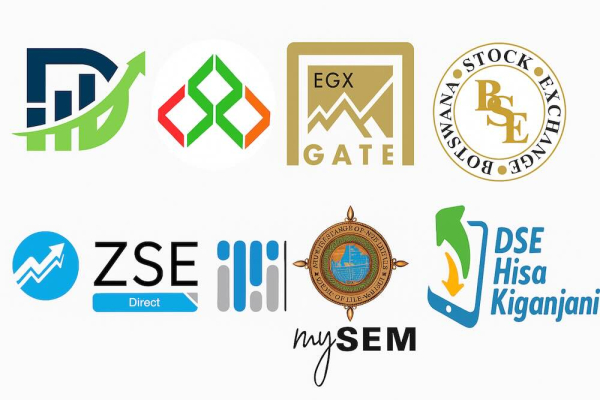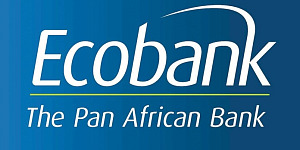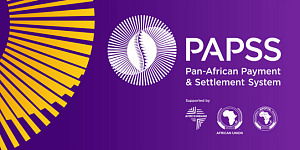Over the past decade, African stock exchanges have accelerated their digital transformation in response to a growing demand for accessibility and transparency. Among the flagship tools of this shift are mobile applications, which allow investors, analysts, and the general public to track prices, indices, and market news in real time. These solutions aim to democratize financial information, reduce geographical barriers, and encourage broader retail participation.
These applications fall into several categories: some are informational, providing simplified access to market data (in real time or delayed), official announcements, and market indices, among others. Others are trading apps, enabling investors to buy and sell securities directly from their smartphones or tablets.
More recently, on August 17, 2025, the Egyptian Exchange (EGX) launched its first mobile application, becoming the latest major African exchange to join this movement. This article provides an overview of the official mobile applications launched by African stock exchanges, focusing on those that have been officially developed—whether they remain active today or have since been withdrawn—and examining their key features, design, and overall user experience.
It is worth noting that in every market, there are also brokers and fintech-led applications that offer comprehensive and often more advanced trading or market data solutions. However, this study deliberately focuses on official stock exchange applications, in order to assess the institutional effort made to attract retail investors, enhance the visibility and reputation of local markets, and promote greater financial inclusion.
1. Currently Available Mobile Applications
Botswana – Botswana Stock Exchange
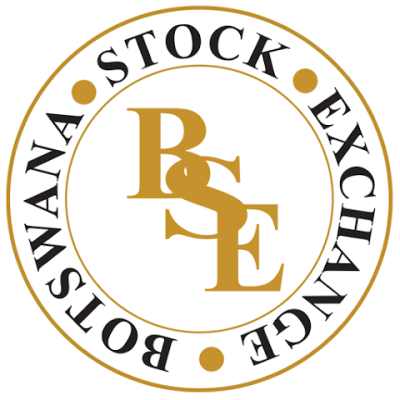
On June 26, 2020, the Botswana Stock Exchange (BSE) officially launched its new website and mobile app. Available on both Google Play Store and Apple App Store, the BSE Mobile Application is the exchange’s official app. It provides essential market data, including daily prices, indices, listed instruments, and corporate announcements.
The app allows users to create a personalized watchlist with alerts for price movements or announcements related to specific securities. It also offers tiered access: subscribers can view market data in real time, while non-subscribers receive end-of-day updates.
By centralizing market information and providing a user-friendly experience, the BSE Mobile App enhances market visibility and accessibility for local and international investors. However, it does not support trading or portfolio management.
Egypt – Egyptian Exchange
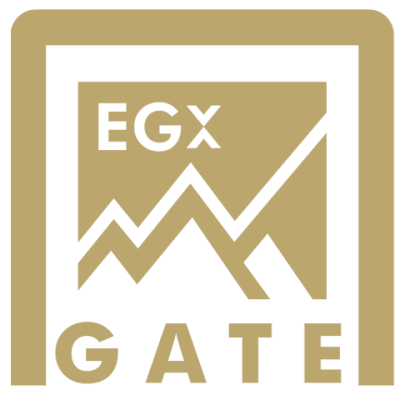
On August 17, 2025, the Egyptian Exchange (EGX) launched its official mobile app, becoming the latest major African stock exchange to offer such a tool. Currently available in beta via Google Play Store (not yet on iOS), the app aims to make market information more accessible to the public.
The EGX App delivers real-time updates on the Egyptian market, including daily news, indices, stock data, and a summary of the day’s top gainers and losers. It also integrates an EGX Dialogue Platform, allowing users to provide feedback and help shape future updates.
Positioned primarily as an informational app, the EGX App is part of the Cairo Exchange’s modernization strategy to enhance transparency and broaden investor participation. With Egypt’s high mobile and internet penetration, the app could play a key role in attracting and educating a new generation of retail investors.
Kenya – Nairobi Securities Exchange
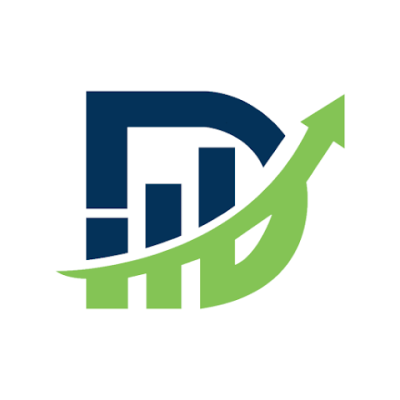
In June 2020, the Nairobi Securities Exchange (NSE) launched an official mobile app available on Android and iOS. Designed as a “personal companion” for investors, the NSE App offered real-time market data, indices, financial news, and served as a gateway to brokers’ platforms for stock trading. It aimed to boost retail participation by simplifying access to market information.
However, the app is no longer available on official stores, and its functions appear to have been replaced by newer initiatives.
One such initiative is Dosikaa, developed with the support of the Capital Markets Authority (CMA), the NSE, and the Central Depository & Settlement Corporation (CDSC). Available on Android (iOS version pending), Dosikaa now serves as the main mobile platform for investors. It enables users to trade directly, track portfolios, set personalized alerts, and access historical data and market updates.
After the short-lived NSE App, Kenya now relies on Dosikaa, which combines market information and trading features in a unified, institutional ecosystem.
Uganda – Uganda Securities Exchange

The USE Easy Portal is the official digital platform of the Uganda Securities Exchange (USE), initially launched as a web portal in 2017 and later extended to Android. It allows investors to log into their CSD (Central Depository & Settlement) accounts to view their holdings, track stock prices, and access electronic statements.
Beyond information, USE Easy Portal offers transactional features, allowing users to buy shares, bonds, and treasury bills directly through the app, with payments supported via Mobile Money, Visa, or MasterCard. It also provides access to official announcements and company documents.
By combining market information and trading tools, USE Easy Portal marks a major milestone in Uganda’s market digitalization — though it remains available only on Android for now.
Mauritius – Stock Exchange of Mauritius

MySEM is the official digital platform of the Stock Exchange of Mauritius (SEM). The first version was launched in 2018 and replaced on May 13, 2022, by a redesigned application following the deployment of the new Automated Trading System (ATS). The new version strengthened integration with the Central Depository & Settlement (CDS) and improved both design and functionality. Available on Google Play, Apple App Store, and as a web app, MySEM allows investors to log into their CDS accounts to monitor cash balances and securities, view portfolio values, and trade in real time.
MySEM provides a wide range of features: order placement, tracking of open, executed, or canceled orders, order book depth, market statistics, company announcements, and watchlists with real-time alerts. It also includes advanced charting tools for technical analysis.
By combining live data, analytical tools, and trading capabilities, MySEM stands as one of the continent’s most advanced stock exchange apps, reinforcing Mauritius’ ambition to position itself as a digital financial hub in Africa.
Tanzania – Dar es Salaam Stock Exchange (DSE)
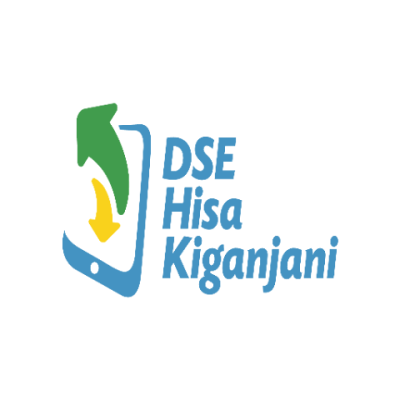
The Dar es Salaam Stock Exchange (DSE) offers a comprehensive mobile app called DSE Hisa Kiganjani (“shares in your palm”), available on Android and iOS. Initially launched in August 2015 to improve market access for remote investors, the app now allows users to buy and sell shares, monitor orders, manage portfolios, and make secure payments directly from their phones.
In July 2025, the DSE took a further step by integrating a mini version of Hisa Kiganjani into NMB Bank’s mobile app, which serves over 6 million users. This partnership enables account opening, trading, portfolio monitoring, and access to real-time market data directly within the banking app.
With Hisa Kiganjani, the DSE is among Africa’s pioneers in mobile trading. Constantly evolving since 2015, it continues to bridge the gap between the exchange and retail investors, including those in rural areas.
Zambia – Lusaka Securities Exchange (LuSE)

On October 8, 2021, the Lusaka Securities Exchange (LuSE), in partnership with MTN Zambia, launched LuSE Mobile, its official mobile application. Available on Google Play and Apple App Store, the app allows users to trade directly from their smartphones by placing buy and sell orders for listed securities.
LuSE Mobile also provides access to real-time market data, order book depth, transaction history, and key statistics, as well as personalized notifications for significant market movements.
By combining trading and analytics, LuSE Mobile illustrates Zambia’s ambition to expand retail investor participation and modernize its market infrastructure.
Zimbabwe
ZSE Direct
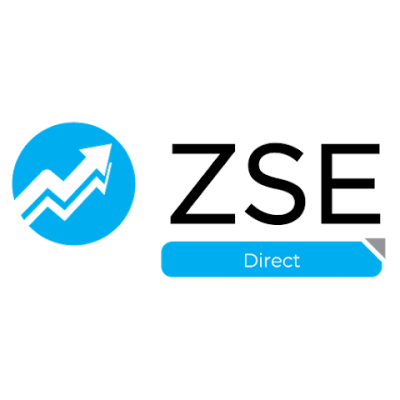
ZSE Direct is the official digital platform of the Zimbabwe Stock Exchange (ZSE), designed to facilitate retail investor access to the local market. Launched on the web in 2020 and as a mobile app in 2021, it is available on Google Play and Apple App Store. The app enables users to manage their investments, access their holdings via the Central Securities Depository (CSD), monitor portfolios in real time, view market depth and prices, and place trades securely.
VFEX Direct

In the same spirit, the Victoria Falls Stock Exchange (VFEX)—a subsidiary of the ZSE—launched VFEX Direct in 2022, a twin platform targeting retail investors looking to trade in foreign currency–denominated securities. Investors must hold an FCA (Nostro) account with a local bank to use it. Available via web and mobile (Android and iOS), it mirrors ZSE Direct’s key functions, including trading, portfolio tracking, real-time stats, and market depth visualization.
Together, ZSE Direct and VFEX Direct form a robust digital ecosystem that serves both local and international investors, illustrating the ZSE Group’s leadership in financial inclusion and innovation in Africa.
2. Applications No Longer Available
BRVM – Bourse Régionale des Valeurs Mobilières
The Bourse Régionale des Valeurs Mobilières (BRVM), which serves the eight countries of the West African Economic and Monetary Union (WAEMU) from its base in Abidjan, launched its official mobile app in October 2016, available on Android and iOS. The app allowed investors to view stock prices and indices, create and monitor virtual portfolios, set up watchlists, and receive personalized alerts. It also provided access to market news and company announcements.
Despite its pioneering position at the time, the app is no longer available on the official stores, with no public explanation for its withdrawal.
As one of Africa’s leading regional exchanges, the BRVM had long been seen as a symbol of financial innovation. Having taken an early lead with a mobile app as far back as 2016, it is surprising that no new official mobile solution is currently available—especially at a time when retail investors across West Africa are increasingly mobile-connected and in demand of digital tools.
BVMAC – Bourse des Valeurs Mobilières de l’Afrique Centrale
The Bourse des Valeurs Mobilières de l’Afrique Centrale (BVMAC), serving the six CEMAC countries (Cameroon, Gabon, Congo, Equatorial Guinea, Chad, and the Central African Republic), also launched an official mobile app, available on Android and iOS. It provided investors and the general public with access to stock prices, indices, and information on listed companies.
However, like the BRVM and the Casablanca Stock Exchange, the app has since been removed from both stores—the Android link is now inactive, and no version appears on the App Store.
This disappearance is notable, as a mobile tool could have played a crucial role in enhancing the visibility of the Central African financial market and facilitating access for retail investors within the CEMAC region.
Morocco – Casablanca Stock Exchange (BVC)
The Casablanca Stock Exchange (BVC) maintained an official mobile app for Android and iOS for several years, first launched in September 2014. The initial version provided delayed stock data (about 15 minutes), indices, volumes, charts, and corporate announcements. A major redesign followed in 2022, but the app was finally withdrawn from stores in late 2023, making it no longer accessible.
This absence is particularly striking given that Casablanca represents Africa’s second-largest exchange by market capitalization (in USD), operating in one of the continent’s most developed financial environments. The removal of the BVC app highlights a disconnect between the exchange’s regional stature and the digital tools currently available to retail investors.
Nigeria – Nigerian Exchange Group (NGX)
In Nigeria, the digital evolution of the exchange has followed several stages. Under its former name, the Nigerian Stock Exchange (NSE), the bourse launched an official mobile application in the early 2010s, providing access to prices, indices, and market announcements. The app was informational only and was later discontinued ahead of the institution’s demutualization and rebranding as the Nigerian Exchange Group (NGX) in 2021.
Since then, the NGX has promoted X-Mobile (ngxgroup.com), presented as a platform for retail investors to monitor market activity and experiment with trading simulations. However, despite being listed on the NGX website, the app is no longer available on either Android or iOS, and no functional web version exists today. No public statement has been made regarding its removal.
Separately, the Central Securities Clearing System (CSCS), Nigeria’s central depository, offers a mobile app allowing investors to view their portfolios, though it does not include trading capabilities.
This situation is both surprising and disappointing, as Nigeria represents Africa’s third-largest exchange by capitalization (In USD), behind South Africa and Morocco, and one of its most dynamic markets. The lack of a robust, accessible official app—comparable to those of Zambia, Zimbabwe, or Mauritius—underscores a gap between the market’s potential and the digital tools provided to everyday investors.





